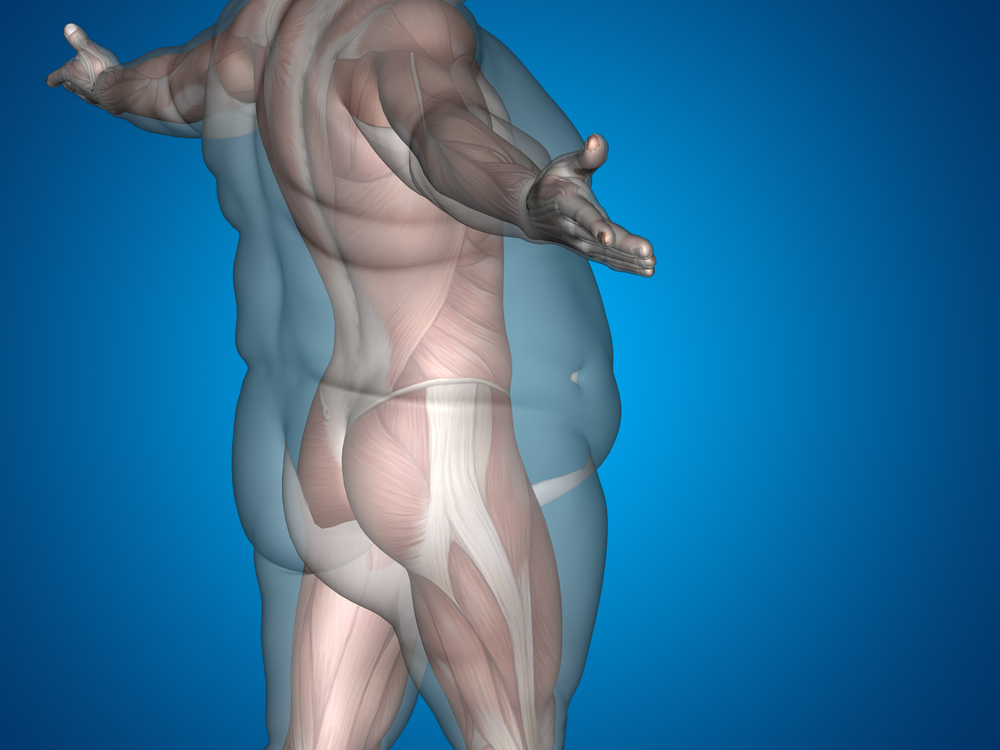How Obesity Affects Male Hormones
Obesity can significantly impact a man’s overall health, especially in terms of hormone balance and reproductive health. Excess weight is linked to reduced testosterone, lower sperm count, and sexual dysfunction. It can also raise the chances of prostate-related problems and even certain types of cancer. The added fat in the body can disturb hormone production, often leading to an increase in female hormones and a decrease in male hormones.
Bariatric Surgery and Hormonal Balance
Recent research shows that men who undergo bariatric surgery often see a rise in testosterone levels after the procedure. This form of weight loss surgery is commonly used to treat severe obesity. Studies reviewing over 1,000 patients across two decades found consistent improvements in male hormone levels after surgery. Along with testosterone, levels of LH, FSH, and SHBG also improved, while female hormones such as estradiol and prolactin decreased. This shift in hormone balance has been shown to improve sexual function in many patients.
However, the same research found no significant change in sperm quality, such as count, movement, or volume. While hormone levels improved, fertility in terms of sperm health remained largely the same. This highlights that while weight loss surgery can help in some areas of male reproductive health, it may not improve all aspects.
Low Testosterone and Health Risks
Testosterone plays an essential role in male development and health. Beyond its effect on sex drive and fertility, low levels of this hormone can lead to several health problems. Men may experience fatigue, reduced muscle and bone strength, sleep disturbances, and even emotional issues such as low mood and lack of motivation. Studies also suggest that low testosterone can be linked to memory issues and a higher risk of anemia.
It may also change physical appearance, such as increased body fat, decreased body hair, and changes in breast tissue. These symptoms can impact a man’s self-image and emotional well-being, further affecting quality of life.
Ways to Support Healthy Testosterone Levels
Although testosterone naturally declines with age, there are ways to maintain healthy levels. Regular physical activity is one of the most effective methods. Resistance training and high-intensity interval exercises are especially helpful.
A balanced diet with sufficient protein, healthy fats, and carbohydrates supports hormone production. Avoid extreme dieting or overeating, both of which can interfere with hormone levels. Managing stress, getting regular exposure to sunlight, and ensuring adequate sleep are also important steps.
Supplements such as vitamin D, zinc, and other essential vitamins like A, B, C, and E may assist in maintaining better hormone balance when taken under proper guidance.
Conclusion
Always consult with your doctor or a healthcare professional before making any major changes to your diet, lifestyle, or medical routine. They can offer personalized advice based on your current health condition and medical history.
Note – If you have any health-related concerns, please call us at +91-9058577992 to receive free consultation from our experienced doctors. Thank you.
